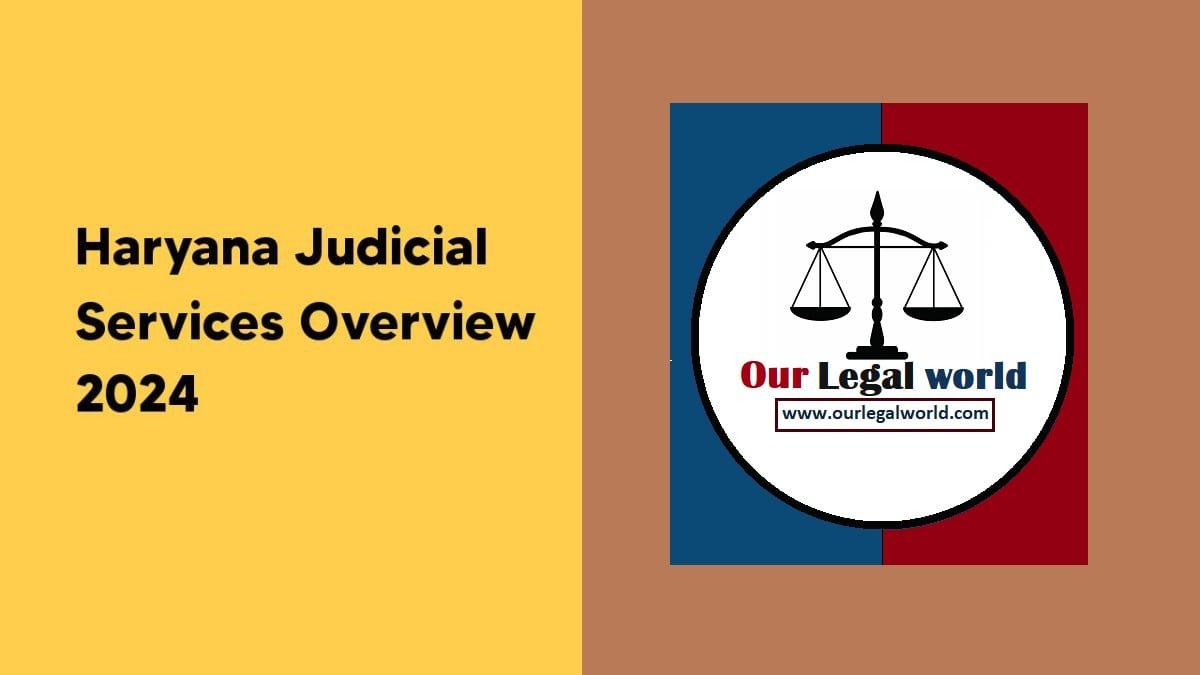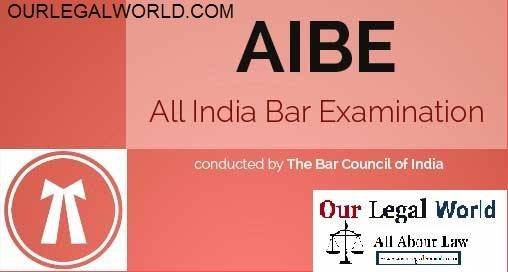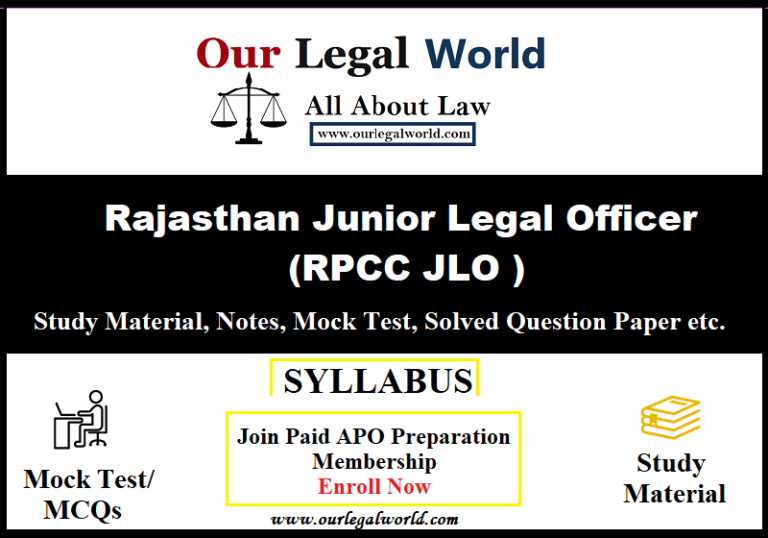Law of Evidence Mains Questions Series: Judicial Services
Q.1 What do you understand about Indian Evidence Act? How would you introduce Indian Evidence Act to a new law student?
Q.2 Whether Indian Evidence Act apply on civil cases?
Q.3 Can you make a brief list of kinds of Evidences under the Indian Evidence Act?
Q4. Discuss the following statement- ‘Relevancy and admissibility are neither co-extensive nor interchangeable terms’.
Q.5 What do you understand by conclusive and rebuttable presumption? Explain. (UP 1999)
Q.6 Write a short note on the followings:
i. Fact in issue and relevant-fact.
ii. Does Evidence Act apply on affidavits?
iii. Difference between direct evidence and
circumstantial evidence
iv. Evidence
v. Court
Q.7 Write a note on document.
Q.8 Write short notes on may presume
and shall presume.
Q.9 What are the different kinds of presumptions? Give examples of each kind.
Q.10 Write short note circumstantial evidence in criminal trial, its meaning, necessity and scope. (DJS 1980)
Q.11 ‘A’ prosecuted ‘B’ for adultery with ‘C’ A’s wife. ‘B’ denies that ‘C’ is A’s wife, but the Court convicts ‘B’ for adultery. Afterwards, ‘C’ is prosecuted for bigamy in marrying ‘B’ during ‘A’s lifetime. ‘C’ says that the never was A’s wife. Whether the judgment against ‘B’ is relevant as against ‘C’. Explain with the help of relevant provision. (UP 2012)
Q.12 Write a short note on relevance of evidence as to the good character in civil and criminal cases.
Q.13 What is “judicial notice” and of what facts a Court shall take judicial notice? Is “Railway strike” such fact as that a court
is enjoined to take judicial notice of it? (DJS
1982)
Q.14 “Oral evidence must in all cases be direct”. Explain. (UP 1983)
Q.15 “Hearsay evidence is not admissible”. Explain. What are the exceptions to this general rule?
Q.16 (a) “Oral evidence in all cases must be direct.”. Explain this rule with illustrations and exceptions.
(b) A enters into a written contract with B to
work in certain mines, the property of B, upon certain terms. A was induced to do so by a misrepresentation of B, as to their value. Examine whether A can give an oral evidence in this case.
(c) A gives B a receipt for money paid by B. Oral evidence is offered for the payment. Is
the evidence admissible?
(d) A agrees in writing to pay B Rs. 10,000 on the First of March, 1992. Can the fact that at the same time, an oral agreement was made that the money should not be paid till the 31st of March, be proved? (UPJS 1992)
Q.17 Distinguish between Estoppel and waiver. (RJS 1971)
Q.18 What documents may be used by a witness to refresh his memory?
Q.19 Write explanatory note on
i. Re-examination
ii. Kinds of estoppel
Q.20 Explain an accomplice. How far and to what extent the testimony of an accomplice can be relied upon.
Also Read: Distinction between Public and Private Document: Our Legal World
Law of Evidence Mains Questions Series Part II: Judicial Services







![Tax Law Internship at Legum Attorney [Chamber of Ashish Panday], Delhi : Apply by 15th May 2025](https://www.ourlegalworld.com/wp-content/uploads/2025/05/IMG_0113-min.png)

